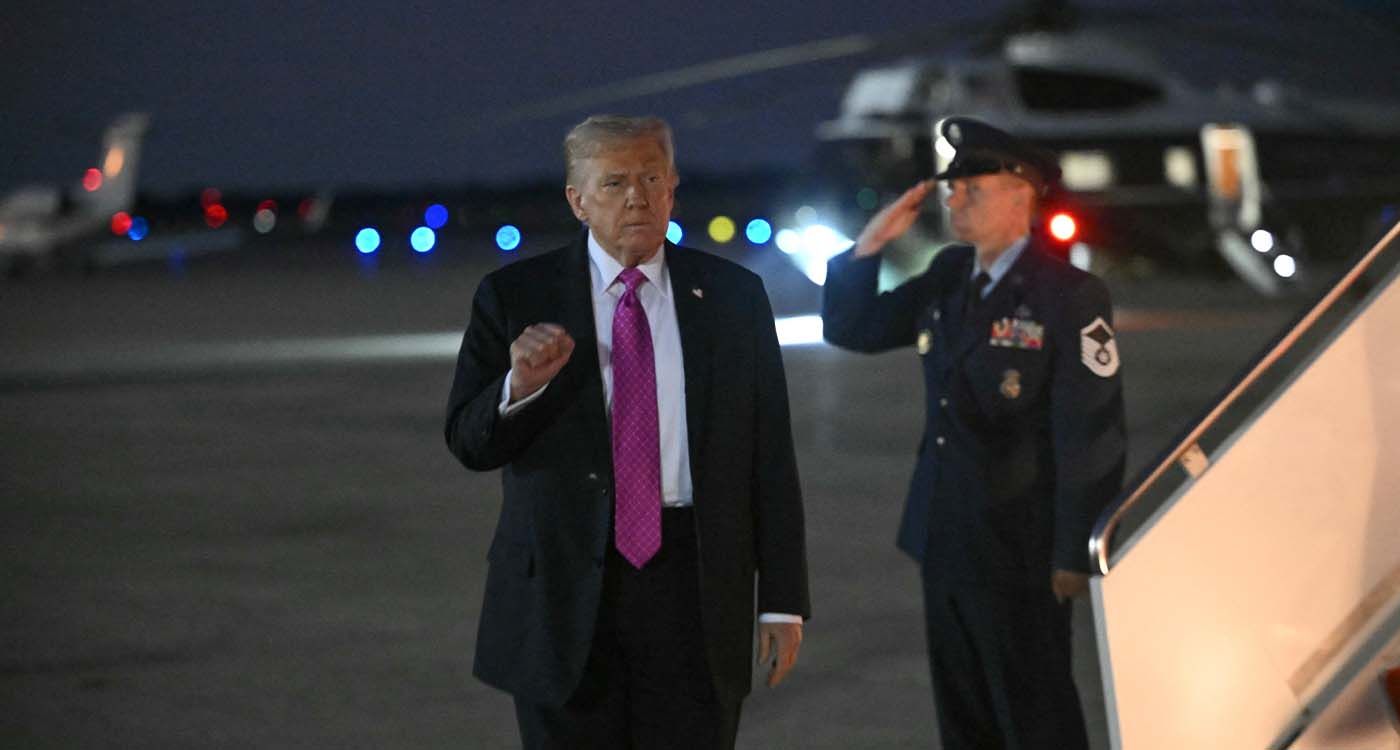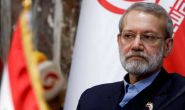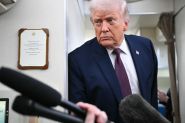- Home
- Middle East
- Royal Honors and Fault Lines: Donald Trump’s Highly Anticipated Visit to London

©MANDEL NGAN / AFP
This Tuesday, London is preparing to welcome Donald Trump for his second state visit; an unprecedented honor for a US president and, more broadly, for a non-royal head of state. By accepting a fresh invitation from the Crown, a privilege exceedingly rare in the history of international relations, the American president is receiving what he likely sees as the highest distinction a foreign state can bestow. A fervent admirer of the British monarchy and openly attached to the late Queen Elizabeth II, Trump views this recognition as an exceptional diplomatic honor, one that goes far beyond protocol.
Following the death of his mother, it is now King Charles III who must carry the weight of the Crown, the glamour, the gilded halls, and above all, constitutional impartiality; an exercise he has embodied for years, even when faced with the diplomatic and political challenges that come with hosting as polarizing a guest as the current occupant of the White House. Yet beyond royal pomp lies a greater purpose: reaffirming the historic alliance, the much-vaunted “special relationship,” at a time when its relevance and strategic value are being tested by profound geopolitical shifts.
Personal Attachment
Trump’s deep, personal attachment to the United Kingdom has been expressed repeatedly. He is the son of a Scottish-born mother and often recalls fond memories of family trips to the Highlands, where he now owns golf courses, and counts among his earliest childhood recollections the image of his mother watching Elizabeth II’s 1952 coronation in awe. This fascination grew into lifelong admiration for the late sovereign, whom he described as embodying “the dignity and grandeur of the British monarchy.” Staying true to that sentiment, Trump has repeatedly criticized the Sussexes for having “tarnished the Crown’s image and disrespected the Queen in her final years.” By contrast, he has consistently shown respect toward the institution itself, praising the stature of Charles III and his heir, Prince William. His reverence for the monarchy has stood in sharp contrast to his many policy clashes with Downing Street as Trump has never blurred political disputes with his respect for the Crown.
It is precisely this separation that Prime Minister Sir Keir Starmer has exploited. By leveraging everything the monarchy represents, Downing Street encouraged Buckingham Palace to extend a second official invitation to Trump: an unprecedented honor for any non-royal head of state.
The success of this maneuver rests above all on the unique soft power of the British monarchy. Aware of Trump’s profound admiration for the Crown, Starmer relied on the symbolic authority of Charles III to draw the president to London and reinforce, in his own way, the “special relationship.”
During his February visit to the White House, Starmer presented Trump with a handwritten letter from the King inviting him to “a truly special and unprecedented state visit”; a gesture Trump considered the pinnacle of diplomatic recognition. The move instantly won him over, proving that the Crown’s influence could outweigh traditional political or diplomatic arguments.
King’s Neutrality
Still, some royal insiders, quoted in the British press, voiced frustration at the monarchy being instrumentalized in this way. By involving the sovereign in such political maneuvering, Downing Street risked compromising the King’s constitutional neutrality and entangling the monarchy in diplomatic disputes. This concern unfolded against a sensitive backdrop: Trump had often suggested that Canada might one day become the “51st state” of the United States, while the Crown needed to preserve the monarchy’s image and symbolic authority within the Commonwealth. With Elizabeth II’s passing, the monarchy’s popularity in Canada had waned, raising fears that a lavish Trump state visit to London might further weaken its standing. To counter any misunderstanding, Buckingham Palace staged a royal visit to Canada, where Charles III opened Parliament for the first time since 1977 and delivered a speech drafted by the government underscoring the country’s national sovereignty. The gesture hence boosted the monarchy’s popularity.
Simultaneously, the Crown had to tread carefully on the Ukrainian front. On Starmer’s advice, Charles agreed to host President Volodymyr Zelensky for tea the day after Trump’s much-publicized clash with him at the White House. While the King has publicly supported Ukraine, including by meeting Zelensky and visiting training camps for Ukrainian soldiers in Britain, the timing risked appearing as a provocation to Washington and potentially compromising the monarchy’s constitutional impartiality.
The fears partly materialized: several US media outlets reported Trump’s frustration over the welcome extended to Zelensky, stressing how the king’s stance could be interpreted as a direct political judgment against the US administration.
Major Stakes
Ultimately, Trump’s state visit to London comes at a crossroads of major economic, technological, and geopolitical stakes for the British government. It comes at a time of political turmoil for Starmer, whose approval ratings have sunk to around -47, battered by scandals and speculation over a potential medium-term resignation. The Prime Minister hopes to turn this diplomatic set-piece into a showcase of domestic “wins”: exemption of British steel and aluminum from US tariffs, expanded civilian nuclear cooperation, and a tech partnership with Silicon Valley on AI and quantum computing.
However, the stakes extend far beyond economics. The visit precedes the U.N. General Assembly, where London is weighing recognition of a Palestinian state; a move directly at odds with Washington’s staunchly pro-Tel Aviv stance.
Meanwhile, the U.K. also hopes to sway Trump, who has shown tentative signs of distancing himself from Vladimir Putin, to tighten Western coordination on Ukraine and sanctions, despite his Kremlin-friendly rhetoric.
Sir Keir Starmer must therefore be ready to navigate with extreme caution between these media and political fault lines in order to avoid an incident that could jeopardize all the considerable efforts he has made since January 2025. Between strategic divergences and the risk of diplomatic missteps, Starmer’s room for maneuver remains narrow.
Read more




Comments